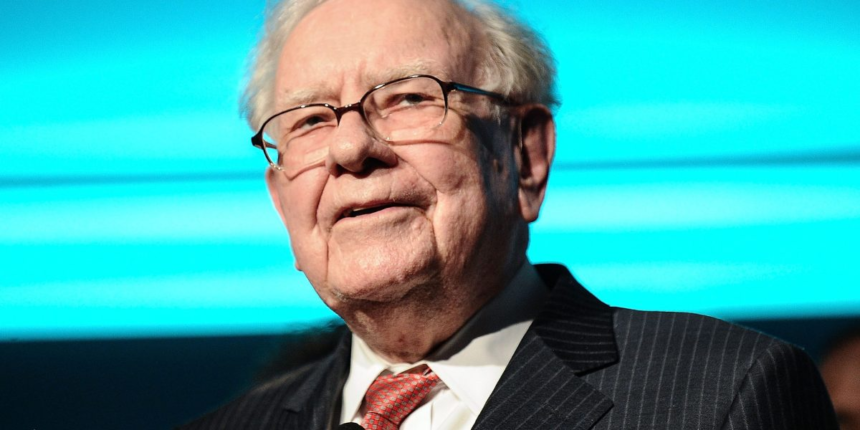“What often bothers very wealthy CEOs—they are human, after all—is that other CEOs are getting even richer,” he said. “Envy and greed walk hand in hand. And what consultant ever recommended a serious cut in CEO compensation or board payments?”
Tesla and Rivian did not immediately respond to Fortune’s requests for comment.
Buffett, reflecting on 60 years of leading his multi-industry conglomerate, said in his letter that companies’ disclosures of CEO pay was in part an effort to make executives at least a little self-conscious about the amount of money they were earning. However, what was intended as a gesture to humble instead became a contest of superiority.
“During my lifetime, reformers sought to embarrass CEOs by requiring the disclosure of the compensation of the boss compared to what was being paid to the average employee,” Buffett said. “Proxy statements promptly ballooned to 100-plus pages compared to 20 or less earlier. But the good intentions didn’t work; instead they backfired.”
“Based on the majority of my observations—the CEO of company ‘A’ looked at his competitor at company ‘B’ and subtly conveyed to his board that he should be worth more. Of course, he also boosted the pay of directors and was careful who he placed on the compensation committee,” he added. “The new rules produced envy, not moderation.”
Other financial giants have spoken out against exorbitant pay packages, Musk’s in particular. Norges Investment Management, the entity behind Norway’s $2 trillion sovereign wealth fund and a 1.14% stakeholder in Tesla, voted against Musk’s compensation plan.
“While we appreciate the significant value created under Mr. Musk’s visionary role,” the group said in a statement last week, “we are concerned about the total size of the award, dilution, and lack of mitigation of key person risk—consistent with our views on executive compensation.”









